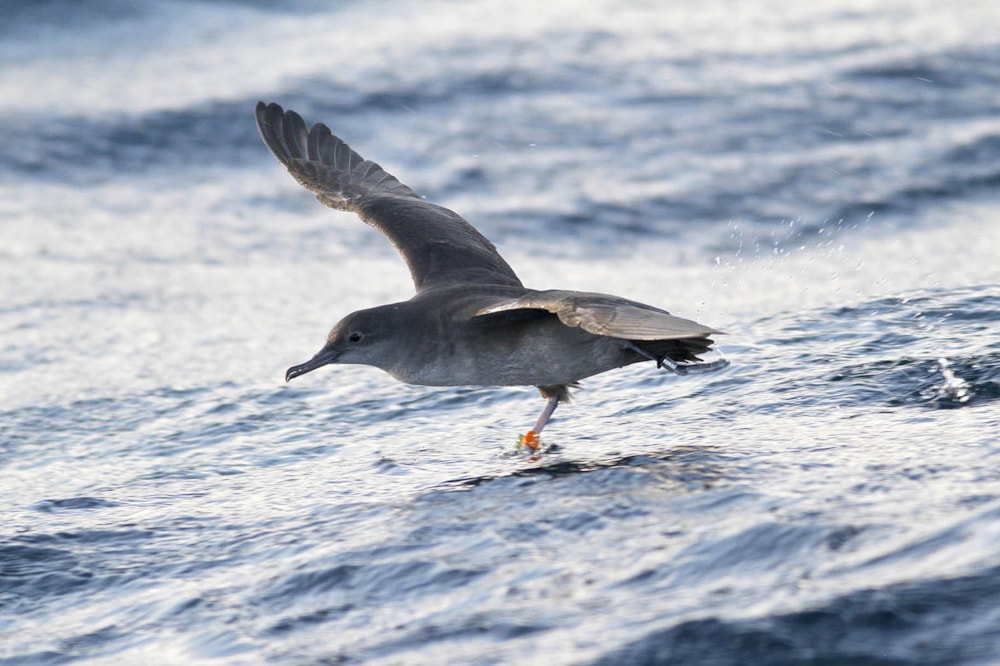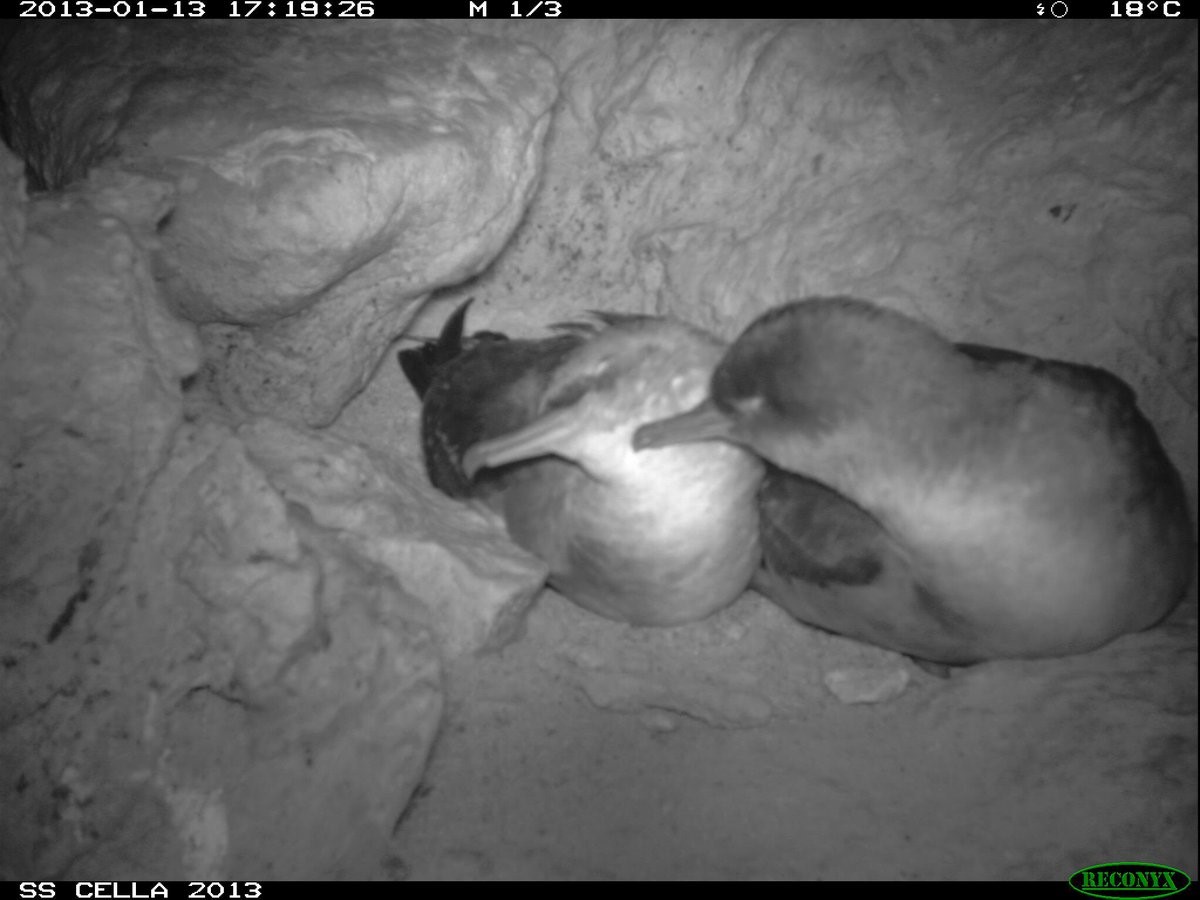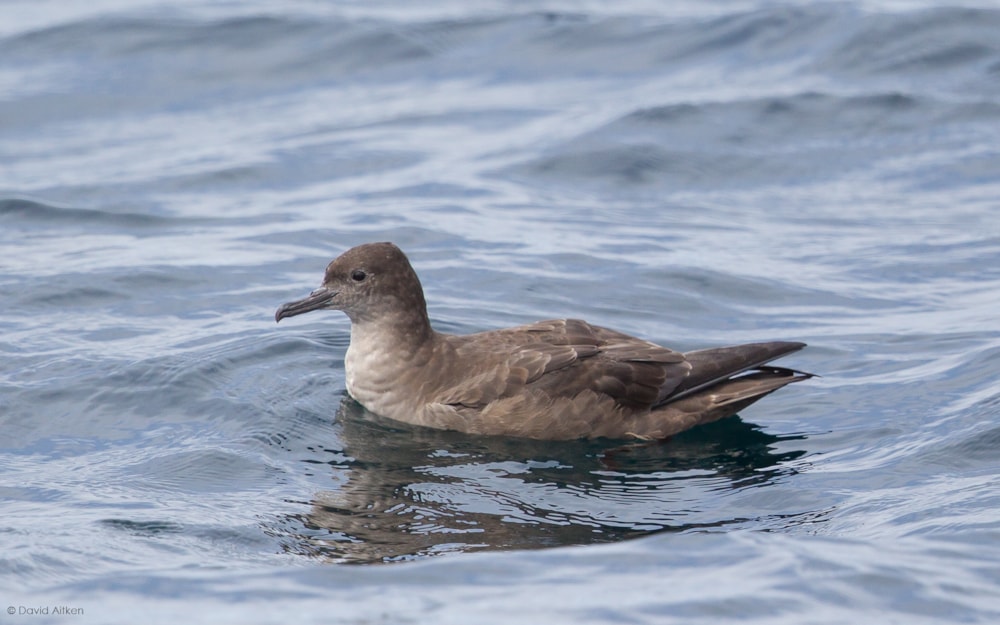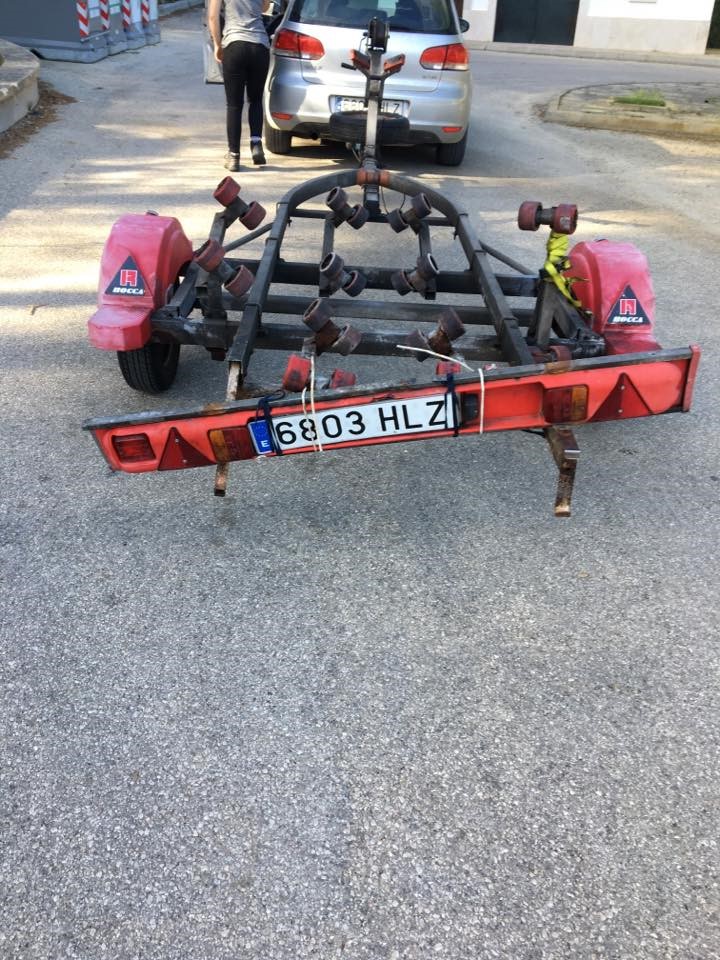To many seawatchers, especially those in south-western areas, Balearic Shearwater is a familiar scarcity. Having watched thousands of white-bellied Manx Shearwaters stream past a headland, clapping eyes on a brown, pot-bellied, dark-vented shearwater for the first time is an exciting rite of passage for a young birder.
At first, the differences between Manx and Balearic Shearwaters seem slight. With close observation, however, subtle distinctions in shape and behaviour become easy to pick out, even at distance, and hint at the remarkably different ecology of the two species. In contrast to Manx Shearwater, Balearics spend their entire lives in the Northern Hemisphere. Balearic Shearwaters follow boats, nest deep in caves and spend months visiting their breeding colonies before egg laying begins. They are also hugely restricted in their range, breeding only along the rugged and isolated coastal cliffs and caves of the western Mediterranean islands. Perhaps the most important difference, though, is that Balearic Shearwater is on the brink of extinction.

Balearic Shearwater (Joe Pender).
As a British seawatcher, it might be hard to believe that this species is faring badly. Despite its regular occurrence along our coasts in late summer, the IUCN classifies Balearic Shearwater as Critically Endangered, an attribute shared by no other Northern Hemisphere seabird, and only a single other European bird: Sociable Lapwing. A recent paper estimated that Balearics could be heading for extinction in as little as six decades.
For 10 years, we have been collaborating with researchers in the Balearic Islands to study this enigmatic bird and uncover the causes of its decline. By visiting the breeding colonies, we have discovered that only 85 per cent of adult Balearics survive each year (in Manx it is about 96 per cent). For a long-lived species that begins breeding only at 3-5 years of age, this is not sufficient to sustain a stable population and decline is inevitable. The cause of low survival is thought, primarily, to be by-catch by artisanal long-line fishers. Using a range of tracking devices, we have been studying the migration and at-sea behaviour of Balearic Shearwaters to uncover the regions where they are most at risk of by-catch. This is aimed at informing fisheries policy and presenting the evidence needed to convince politicians across administrative borders to co-operate in acting to reduce shearwater mortality.

A pair of Balearic Shearwaters allopreening (Miguel McMinn).
With the decline of shearwaters due to year-to-year survival compounded by reduced productivity at breeding colonies brought about by rat and cat depredation, there is little to be positive about the future of the Balearics. However, the political climate is slowly changing and there have been significant steps in recent years to eradicate rats from key colonies in the Balearic Islands. Furthermore, Balearic and Catalonian governments are under increasing pressure from conservation groups to make drastic changes to fishing policy and are finally beginning to accept that this will be key to the species' future. It is here that our research will be most crucial.
It is more important than ever that our monitoring and tracking of Balearic Shearwaters continues. By understanding the foraging behaviour of the birds, we can inform politicians of the steps necessary to reduce by-catch risk. Furthermore, being able to monitor how adult survival responds to such new measures introduced is crucial to the political conversation that the species' future depends on.

Balearic Shearwater (David Aitken).
Shearwater colonies are only accessibe by boat. We receive little funding from research councils or other funding bodies and this year our boat trailer came to the end of its life; for this reason, we have mounted a campaign to raise £2,500 for a new boat trailer to keep the project running. It is a small but crucial part of the project and is currently prohibiting our next season's work. Our shearwaters need you!
Please visit our JustGiving page to donate – any amount will help.

The old trailer, which will be replaced with the help of donated funds.


